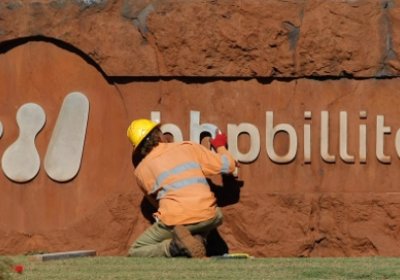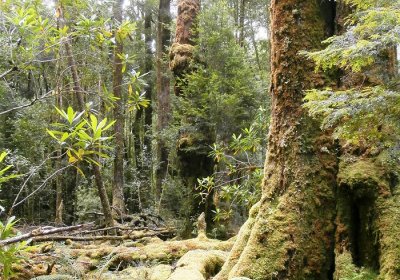Australia
Liberal Premier Colin Barnett has proposed reforms to license and register some forms of sex work. And again people are referring to the bill as “legalisation” and “partial decriminalisation” when it is not. It’s deeply concerning when big party politicians and mainstream journalists do not understand the proposed sex-work laws, and describe them as the opposite of what they are. Most Western Australians seem unaware that Barnett’s proposed bill is unnecessary, perpetuates stigma towards sex workers and will result in worse working conditions.
University students across Australia will take to the streets on May 14 to protest the federal Labor government’s $2.8 billion cuts to higher education. The call by the National Union of Students (NUS) for a “student strike against education cuts” has not only received support from students, but also the National Tertiary Education Union (NTEU), which covers university staff. On a number of campuses, NTEU members have been resisting cuts that university administrations claim are necessary due to lack of government funding.
Economic forecasting agency BIS Shrapnel has reported that engineering work, spurred on by the mining boom, would be about $128 billion in Australia this financial year. It may be easy to suggest that, despite the rumours, the mining boom is set to continue long into the future. However, the report was quite downbeat. ABC Online said BIS Shrapnel predicted that a "slowdown in mining investment and its related infrastructure is expected to reduce activity by 5.4% next financial year … engineering construction will be 20% below this year's peak by 2016-2017."
James Hansen resigned from his position as director of NASA's Goddard Institute for Space Studies in April to devote more time to campaigning to cut global carbon emissions. In addition to his scientific research on climate change, Hansen has been arrested several times in recent years at protests against coal mining and tar sands mining. Bravo James Hansen — precious few scientists and academics live and breathe their politics as he does.
The Darwin Asylum Seeker Support and Advocacy Network released the statement below on April 30, in response to apparent plans to move children and women to high-security detention centres in Australia’s north and north-west. Wickham Point detention centre, near Darwin, was built by the Labor government in 2011. Curtin detention centre, with Christmas Island and the Northern Immigration Detention Centre, has one of the highest rates of self-harm.
- Previous page
- Page 656
- Next page











